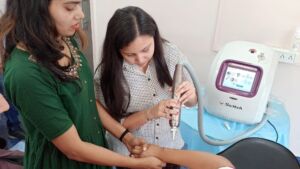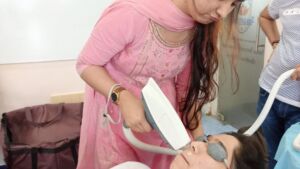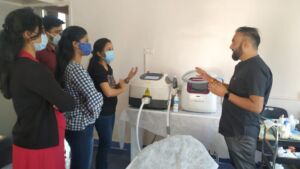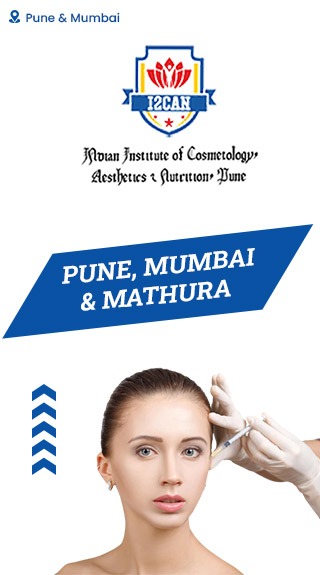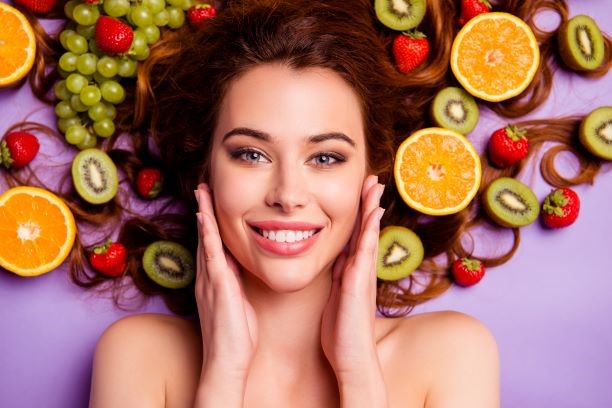
The care of our body and preservation of its beauty has always been an element of attention for men and women in history. We also got aware that there is a relationship between beauty and what we choose to eat. Nutrition in cosmetology science deals with working on the root cause of skin diseases and common issues like Scne, scar, Pigmentation, Aging effects, and hair fall.
Are you someone who is a cosmetologist and a dietician or a skin therapist who sees patients coming back with skin issues buncing back even after providing them with the best treatments?
Nutrition science can help you in understanding the depth of the diseases and work systematically to solve the issues. And together with skin treatment and nutrition, you will be able to manage the client efficiently.
Maintaining even skin pigmentation can be challenging. Many often wonder which vitamin deficiency causes white spots on our skin? Many factors are responsible for these white spots. A lack of calcium, vitamin D, and vitamin E in your body is one of the reasons for white patches on the skin. While harmless, these white spots indicate that you need to eat a healthy and balanced diet. These vitamins directly impact the function of melanin in the skin.
Skin is often the first visible sign of ageing. As skin ages, the ability to respond to stress diminishes. This holds for ultraviolet exposures, because the antioxidant capacity, immune function, and melanin production may all be impaired with skin ageing.
Vitamin C is necessary to help make collagen. Collagen is a protein that is the main building block for your skin.
Protein-rich foods, especially animal proteins, are good skin-tightening foods. Foods rich in vitamin C help regenerate skin cells, reduce wrinkles and fight against ageing caused by UV rays due to sun exposure.
Dehydration, lifestyle choices, or cutting corners with your skincare routine are a few factors that can make your skin dull. Fortunately, there are ways to make your skin glow. Consume foods rich in vitamins for glowing skin.
Strawberries, red peppers, broccoli, sunflower seeds and almonds, dark orange and red vegetables, leafy greens, lean meat, pork, poultry, and oysters help neutralize free radicals and make your skin bright. Foods rich in vitamin C have good skin-brightening effects.
What you eat or drink can make an enormous difference to how your skin looks and feels. Good nutrition also impacts common skin conditions and skin cancer. This means eating more fruits and vegetables, whole grains, and legumes, and reducing or cutting out processed foods, alcohol, and staying hydrated can affect your overall health and benefit your skin too.
Couse Duration:
1. Online: Not available
2. Classroom: 1 month
3. Syllabus: Following are the topics covered with Diet related to each topic
- Skin ageing theories and diet
- Factors affecting skin health
- Beauty Nutrition
- Melasma and Pigmentary disorders
- Androgenic Alopecia
- Eczema and psoriasis.
- Acne and oily skin
- Hair thinning and dandruff
UNIQUE DIFFERENTIATORS OF PGDCC, PUNE
Unlimited Learning. No Extra Cost.
With I2CAN, you can attend sessions multiple time without any extra cost.
End-To-End Support for Clinic Setup
I2CAN Supports its students with end to end for setting up of their own clinic after training which includes from procurement of machines, products to branding and marketing.
Detailed & Comprehensive Course
I2CAN helps its students with a detailed and comprihensive course which comprises of theory, practical and practice.
Whatsapp Based support for clinical queries.
For Doctors who getstuck withcritical procedures, our team of Expert Doctors will provide assistance for such clinical queries over whatsapp.
Hands-on experience & Practical Training
The Certification Course in Clinical Cosmetology will not just impart subject matter expertize but it is 100% handson course with practivce to each one of the student.
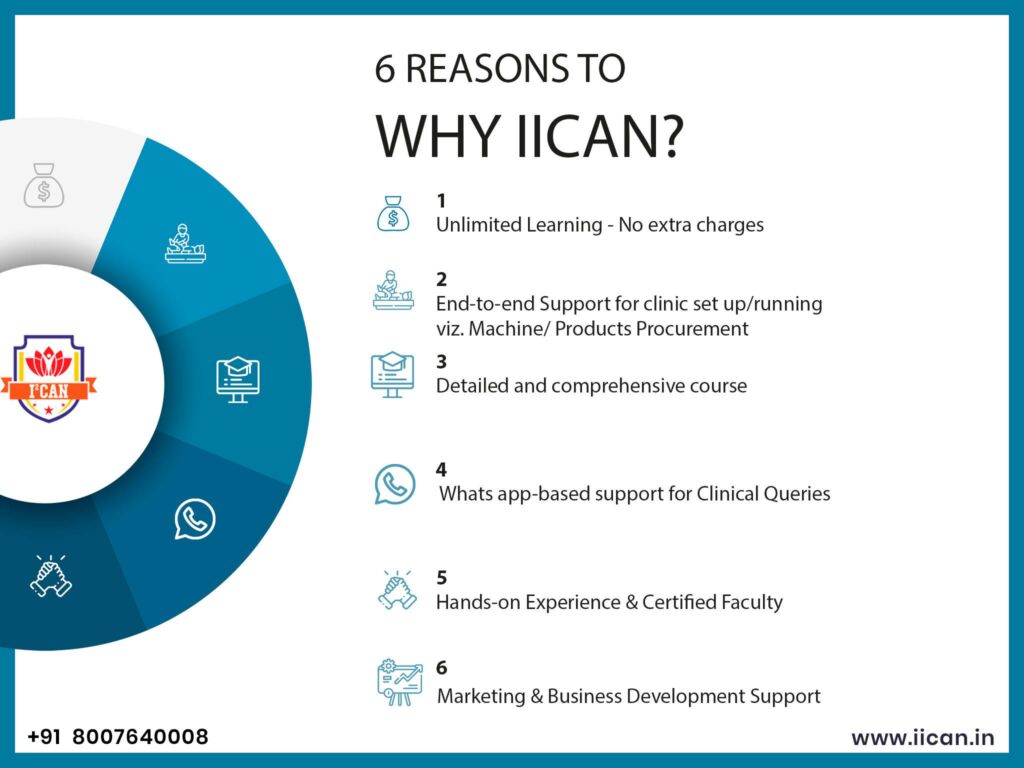
GALLERY OF MICROBLADING AND MICROPIGMENTATION COURSE IN PUNE
